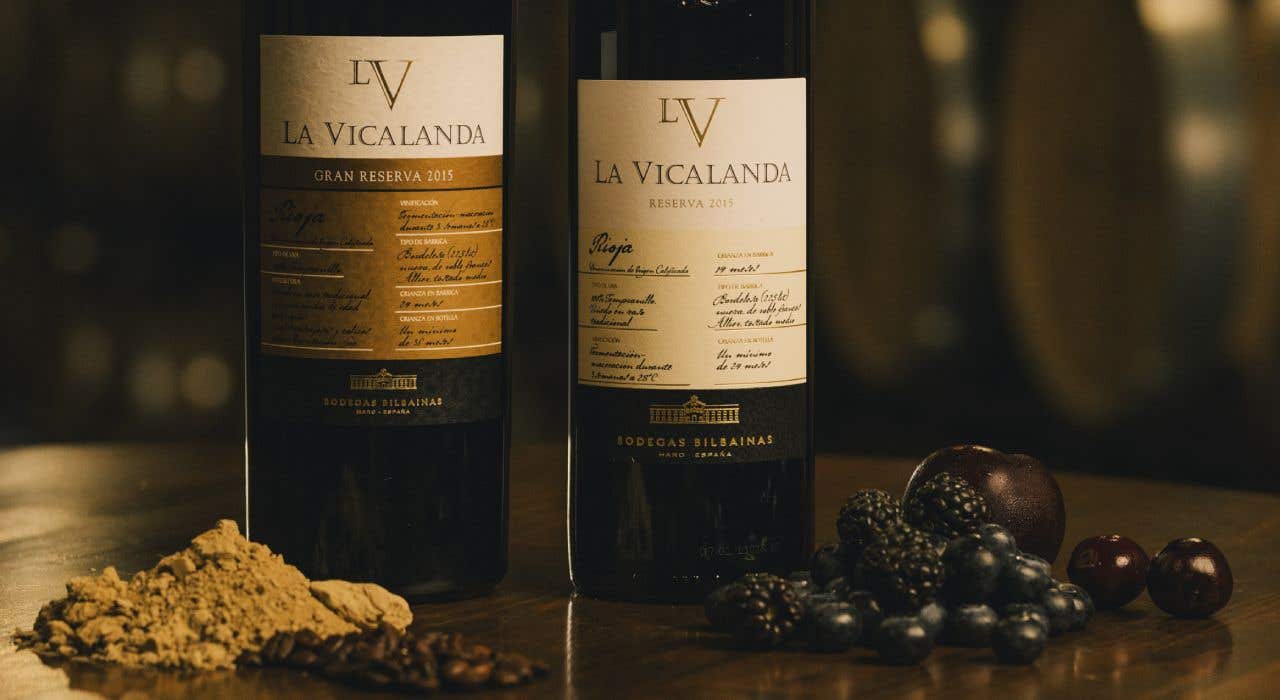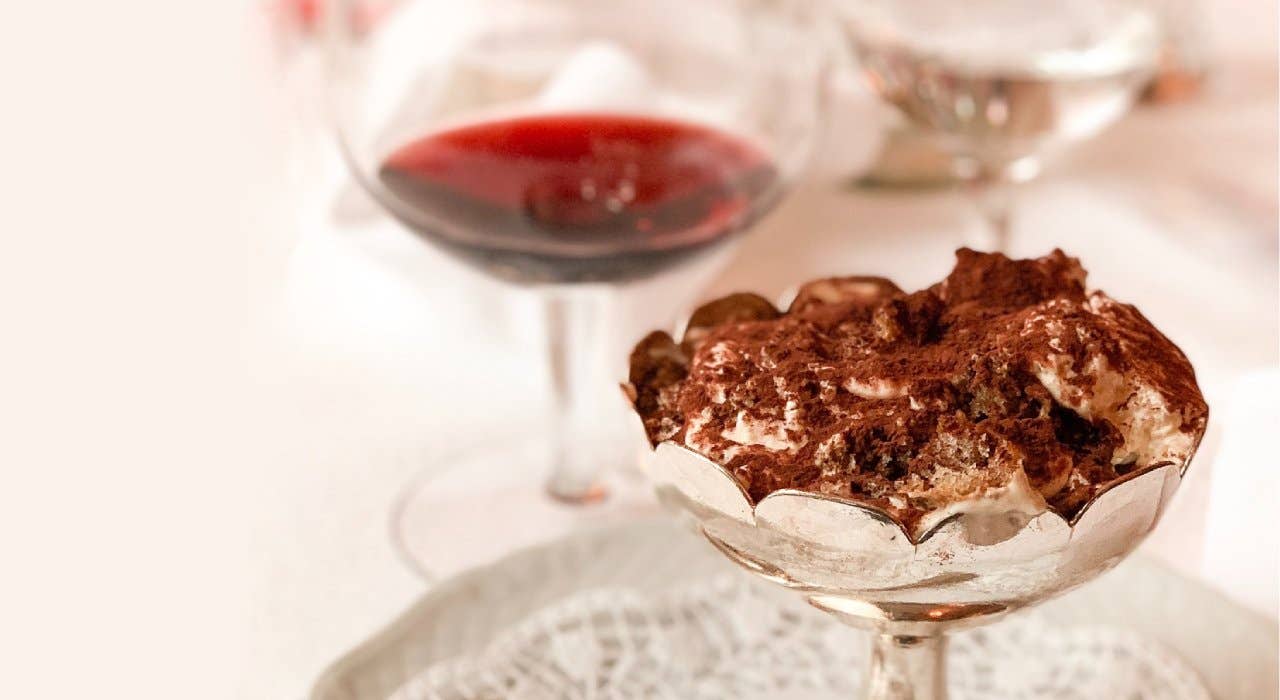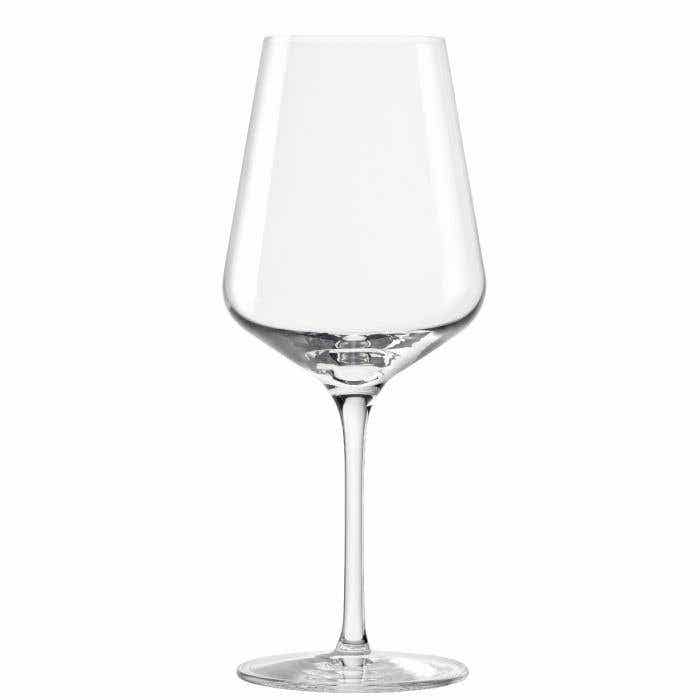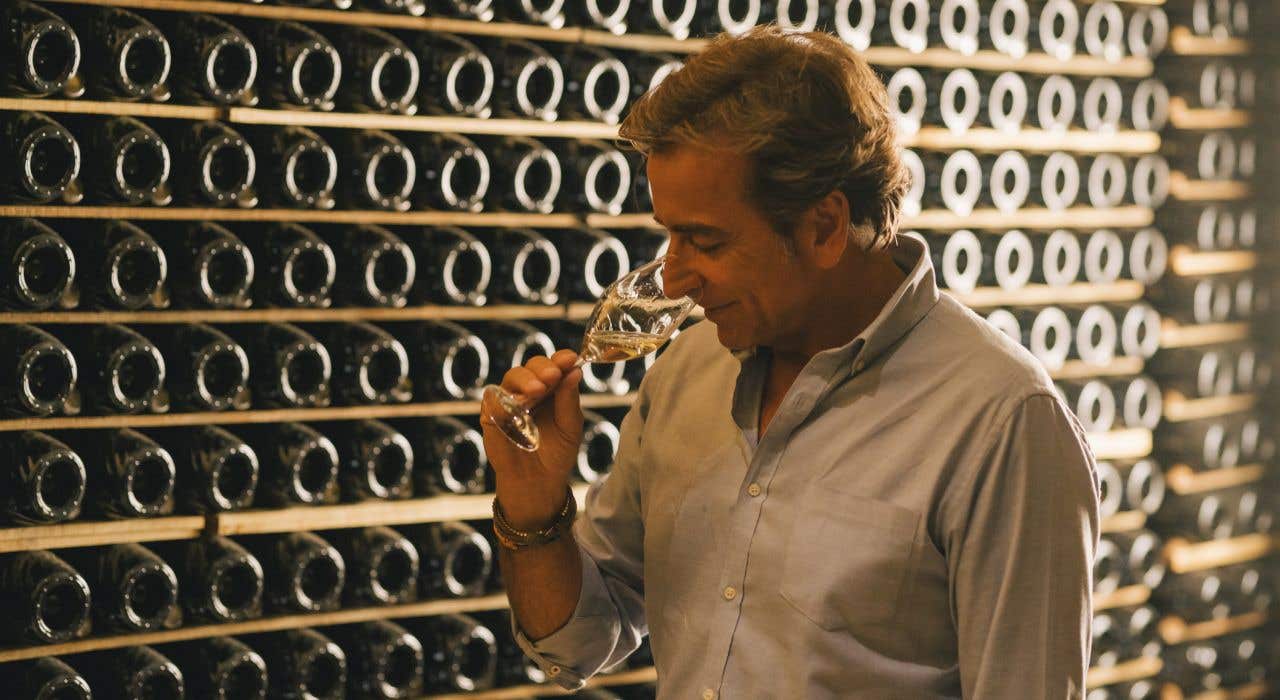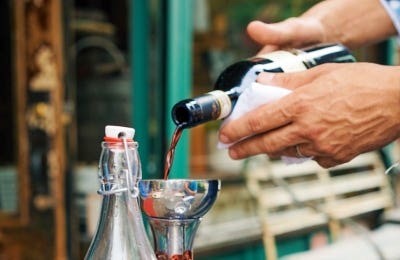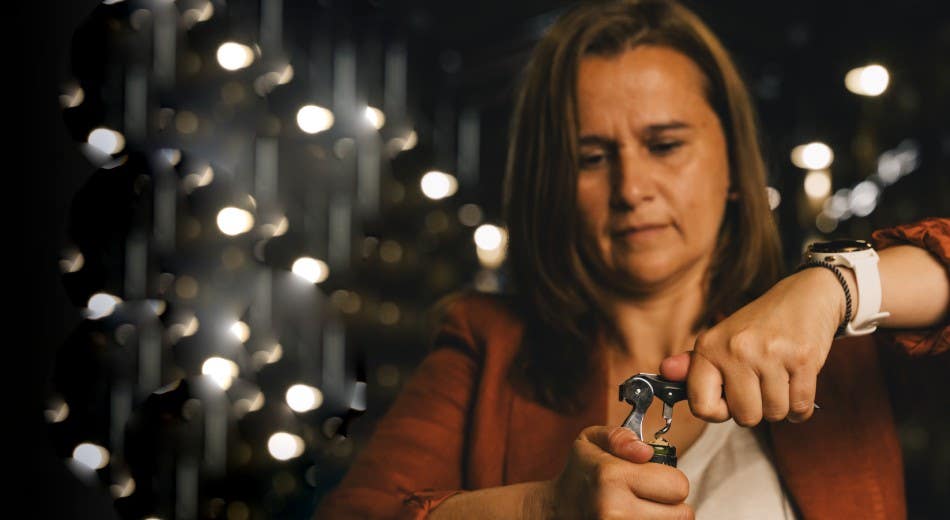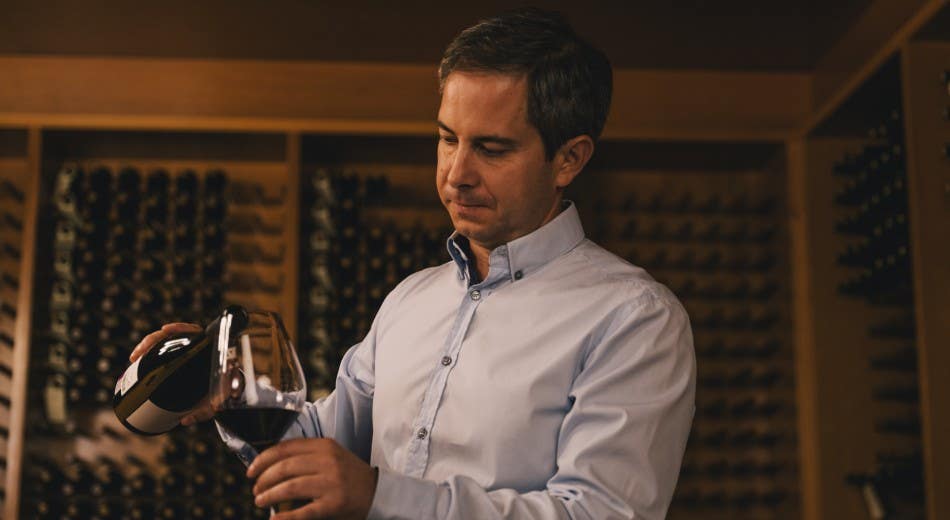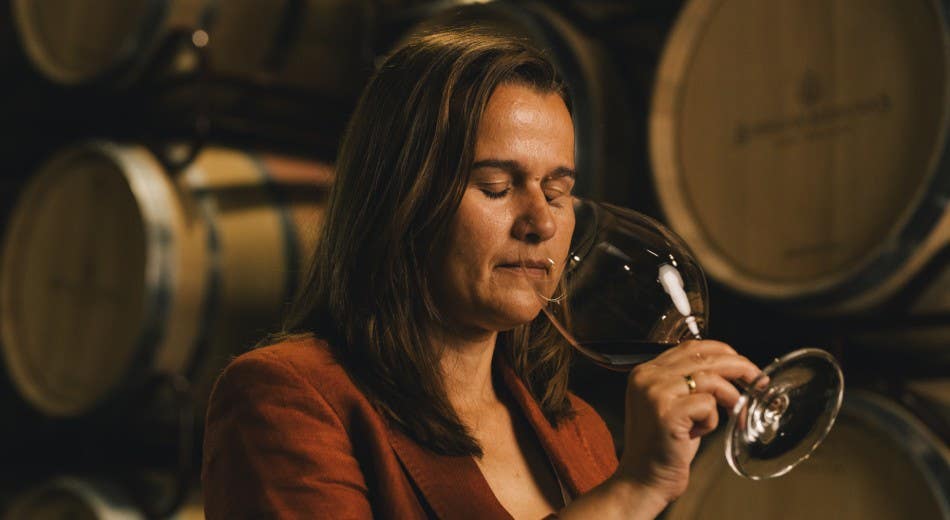You may not have experienced it first-hand, but you have probably seen more than once in films how a specialised waiter approaches diners in a fancy restaurant to offer them a bottle of wine. They are not just a waiter. They are known as sommelier in French, and we are going to explain everything that these professionals do, because it is much more than just properly uncorking a bottle.
Who is a sommelier?
Broadly speaking, a sommelier is an expert in wines, but also in cavas, spirits, aperitifs and any alcoholic beverage offered by a venue. They are in charge of creating the ideal relationship between the consumer, the wines and the dishes on the menu.
They know the bottles available in the establishment to perfection and advise customers on the best one for the occasion and their chosen dish. They play a very important role because not only do they carry out their duties, but they also bring prestige to the venue.
What a wine sommelier does?
In addition to being the specialist of the wine cellar and having knowledge of various fields, such as gastronomy, agriculture, oenology and even chemistry, the sommelier has several functions:
—They are in charge of knowing and designing the wine list of the restaurant. So, they must foster a symbiotic relationship with the kitchen, as they need to be familiar with the dishes on the menu to study and advise on the best pairings, and the kitchen must also know the wines in the cellar to present dishes accordingly.
—It is also important to master the characteristics of the geographical area, local products and, naturally, the different designations of origin. There should always be a local wine on the menu and, of course, local produce will be used in the kitchen, so knowing about it will make it easier to create good pairings.
—They are in charge of the cellar. Their role is to manage stock. To do so, they must move the wine, as they say in the world of wine. In other words, they must guarantee that there is sufficient stock to satisfy customers while ensuring the wine, a natural product that also ages with time, is consumed before its characteristics change. They must also ensure that the bottles are stored in suitable conditions with regard to humidity, lighting and temperature.
—They guide the customer through this experience. It’s not all about advising. They must know how to listen and understand the diner. Their preferences and tastes, their mood and attitude, are they open to new experiences, or do they want the same as usual? Do they prefer white wine or rosé wine? They must be an expert on the origin of the wine in question, the grape types, the winery and even the anecdotes to share this knowledge and make the wine shine as it deserves.
—Another function, perhaps somewhat secondary and often overlooked, is that the sommeliers also act as teachers. In the restaurant, they are in charge of training the rest of the staff on which wines to recommend, how to uncork a bottle, how to handle them, or in which glass to serve each one. Outside big restaurants, they can offer tastings.

